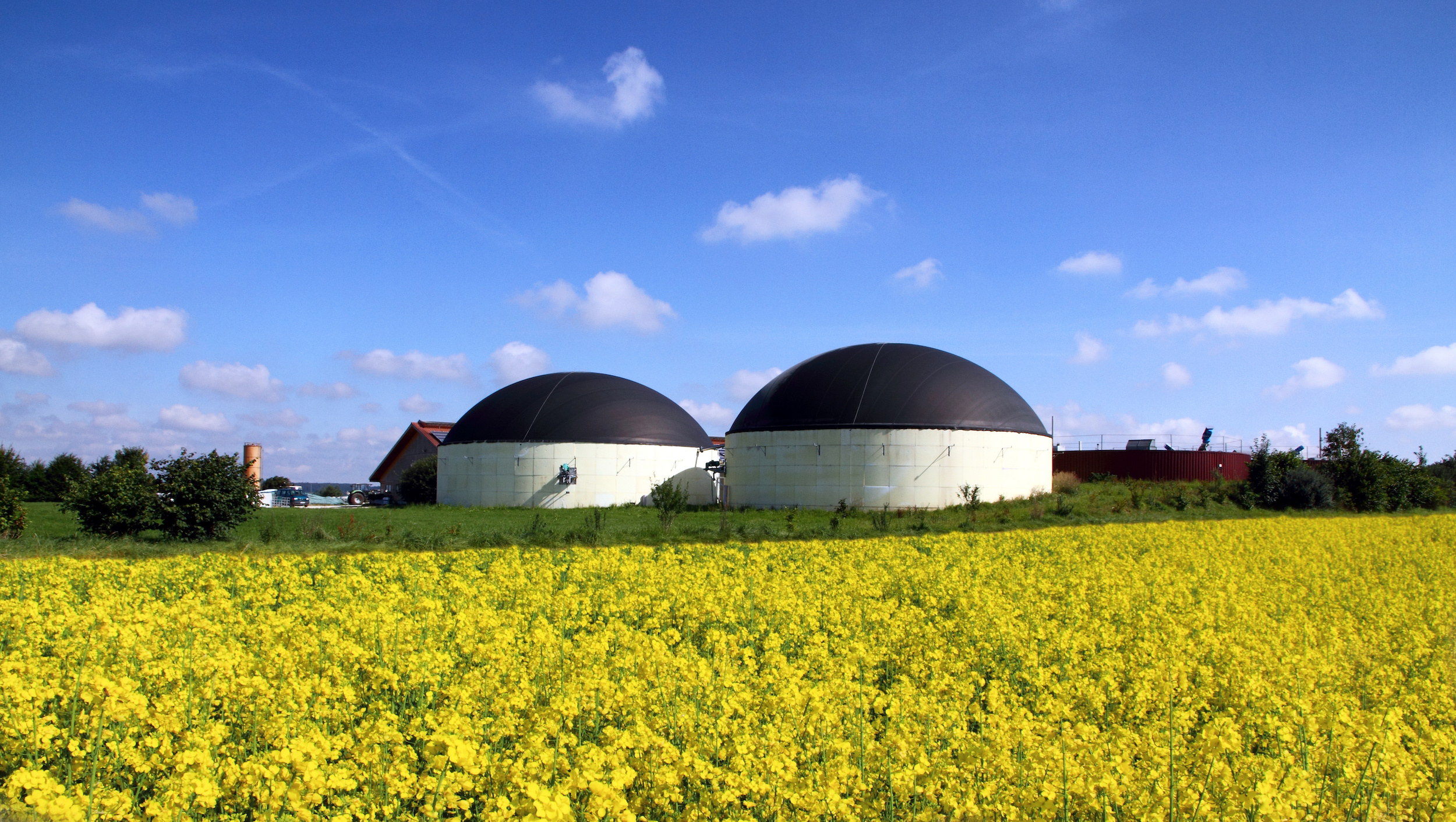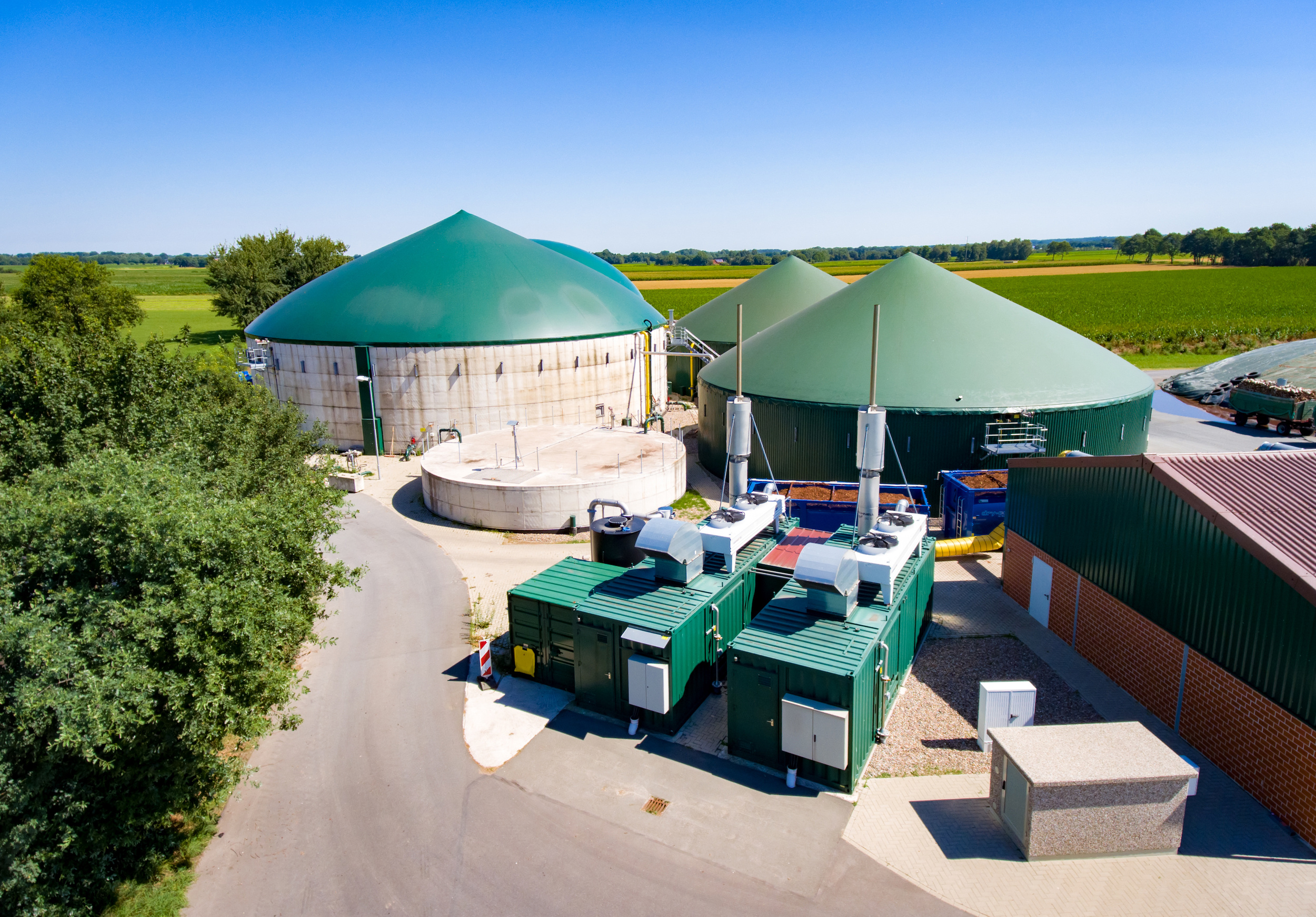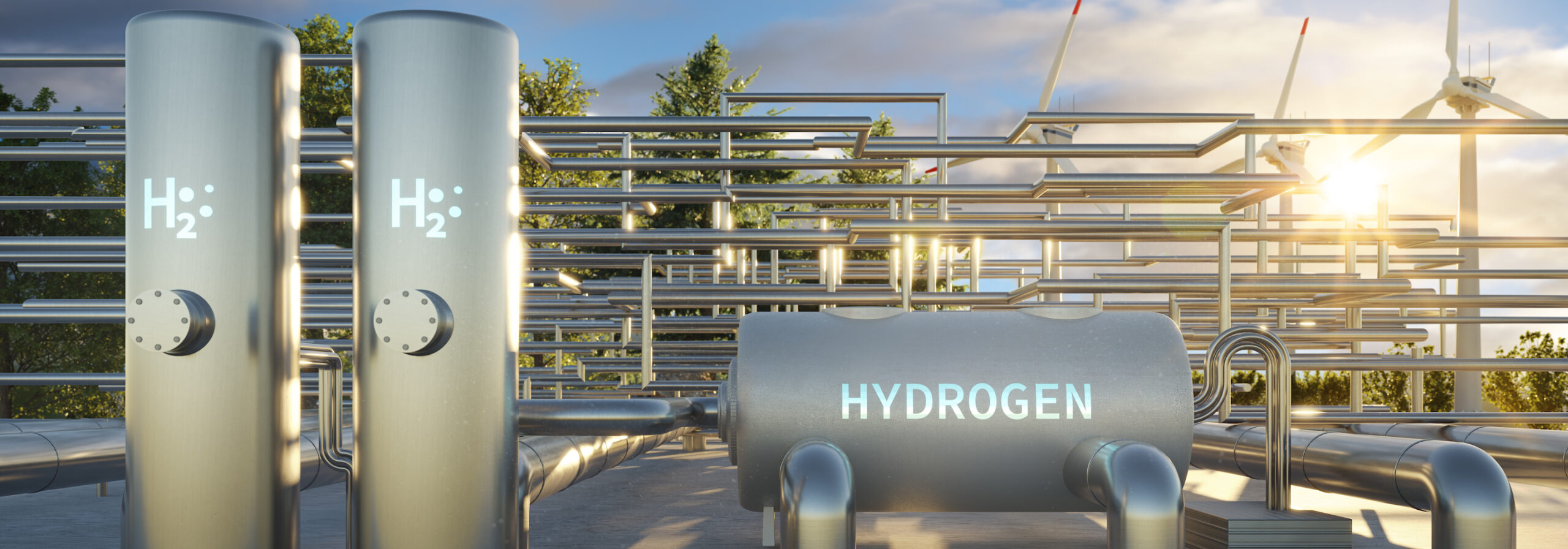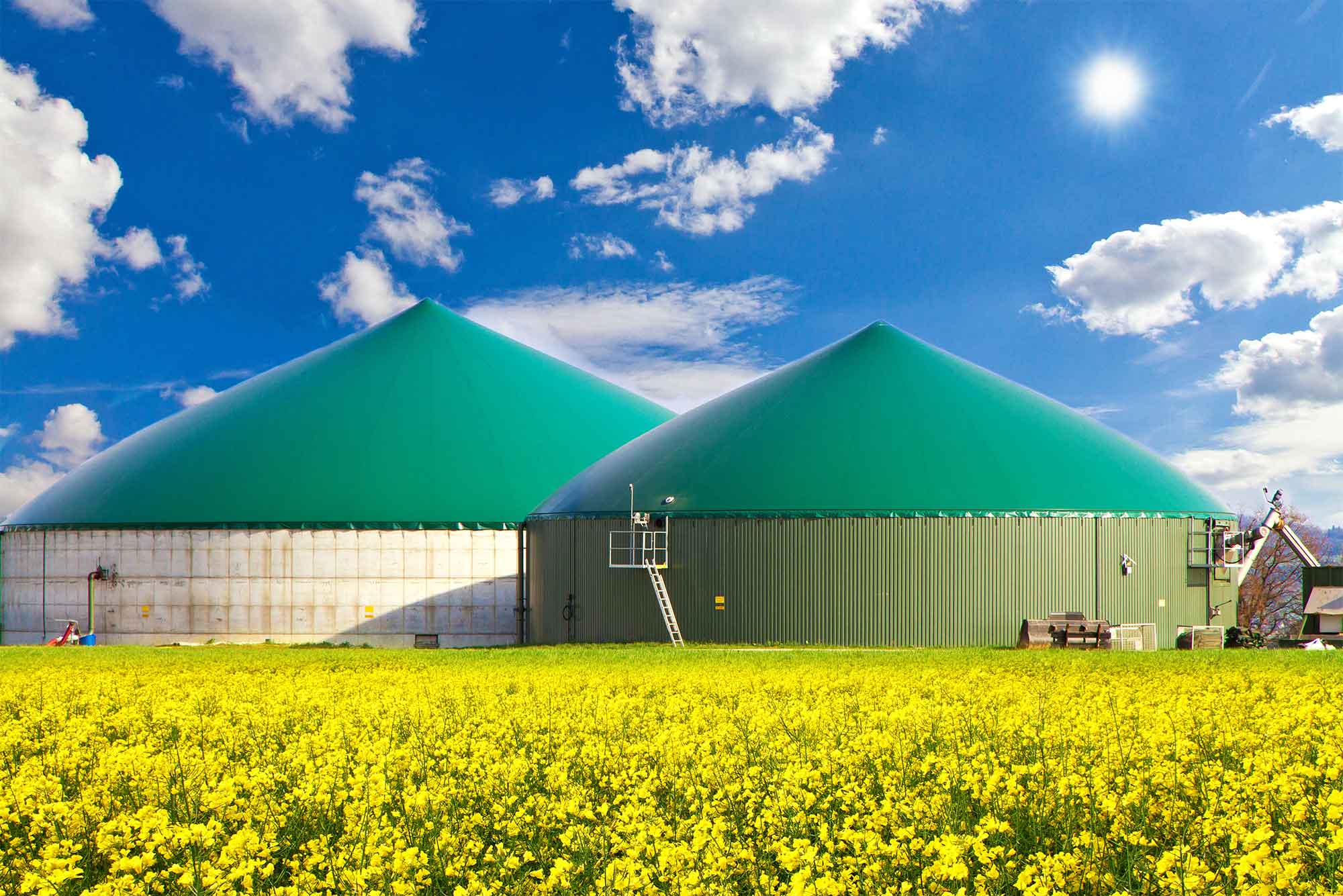Promoting Flexible Biogas Plants to Secure the Energy Supply

Federal Minister for Economic Affairs and Climate Action Dr. Robert Habeck (Alliance 90/The Greens) had an open ear for the demands of the biogas industry for urgent measures to enable profitable energy generation from biogas. On July 21, 2022, he had already announced that apart from other steps to be taken, the Federal Ministry for Economic Affairs and Climate Action plans to quickly expand biogas production in order to reduce the demand for Russian natural gas. The brief study conducted by the German Biomass Research Center (DBFZ) in Leipzig and the Wuppertal Institute also draws attention to the roadblocks that need to be overcome in order to step up the use of biogas plants. According to the study, the capacity of the plants would have to be multiplied in order to enable their flexible use.
“The flexibilization required by the energy industry would present plant operators with challenges that would be difficult to master, both technically and operationally”, says Jakob Medick of DWR eco. To let biogas partially take over the function of natural gas in the power grid of tomorrow, government incentives are a must.
Biogas Plants Still Have Unused Capacity
These incentives could be effective especially in the medium term. The authors of the study are of the opinion that it will be possible for biogas plants to replace natural gas-fueled backup power plants in 2035, when Germany’s electricity is to come almost entirely from renewable energies. These power plants are to be used on short notice in a flexible manner, e.g. when wind or solar power is insufficient.
According to information provided by the bioenergy industry, there are currently almost 10,000 biogas plants in Germany that produce biomethane with an energy content of approximately 95 TWh/year. Of this amount, about 85 TWh are converted into heat and power on site, and about 10 TWh are fed into the gas grid as base load or in flex mode. According to Hauptstadtbüro Bioenergie, various restrictions hinder most combined heat and power (CHP) plants from delivering the maximum biogas output they would technically be able to deliver.
Federal Government Unfetters Biogas
This winter, it will be possible to increase the power production from biogas by about 10 percent on short notice, says the industry association. Germany’s federal government has established the basis for this by easing the restrictions on the production of biogas power. Firstly, the so-called “power price brake” introduced by Federal Minister for the Environment Peter Altmaier (CDU) in 2013, a rule under which all biogas plants have only been allowed to deliver 5 percent less power than their engines would actually be capable of delivering, is being done away with. Now they are again permitted to deliver their full output. Moreover, the federal government now allows plants that have only been using liquid manure and leftovers to digest other substances such as maize in order to produce more energy.
Higher Output Technically Possible
Until now, biogas plants have been prohibited from ramping up their output, though this would be technically possible in many cases. Over the past 10 years, biogas plant operators like Alfons Himmelstoß have set up their cogeneration power plants in such a way that they could deliver more energy than they are permitted to. This surplus could be made available with a button click.
“For the biogas industry to continue to make the desired contribution, the federal government should present results as soon as possible”, demands Himmelstoß. In early September, the Federal Ministry for Economic Affairs submitted a proposal for the expansion of the options for the generation of power from biogas to the other ministries. For this, several laws are to be amended. However, it remains to be seen when this will actually happen and whether this will result in the abolition of the maximum rated output. The new Energy Security Act (EnSiG) and accompanying amendments to the Building Code (BauGB) are meant to eliminate the existing obstacles to a short-term increase in biogas production and to further exploit the existing potential in this area.
Heat from Biogas Now Even More Valuable
In the face of the current energy crisis, the use of heat from biogas is becoming much more attractive. In the early days of biogas development around the turn of the millennium, the use of exhaust heat from the plants was often neglected, since the plants were already profitable from the power production alone. In recent years, this has already started to change, as the compulsion to participate in Federal Network Agency tenders has put pressure on operators to generate additional revenue from the sale of heat.
Due to the surge in energy prices, it has become even more worthwhile to make use of the heat. “Currently, operators are experiencing an inrush”, says Andrea Horbelt of the German Biogas Association. “Everyone living close to a biogas plant is going there, asking to be connected.”
Photo: © Jürgen Fälchle, Adobe Stock
Related articles
Bioenergy: Key Success Factor at a Turning Point in History
In the face of the ongoing gas crisis, biogas is capable of delivering an important contribution to energy security in Germany. To scale the biogas production to the required level, however, new plants need to be built and existing capacities need to be ramped up as soon as possible.
Energy Generation in Wunsiedel: Decentralized, Autonomous, Sustainable
The Wunsiedel energy park produces heat and power from renewable energies for the local population. To store the green electricity generated, the park’s electrolysis plant produces green hydrogen, which is converted into electricity whenever needed, thus guaranteeing security of supply.
Using Biogas Resources for Sustainable, Affordable Heat Supply
To ensure reliable, affordable, and climate-friendly supply of heat and power for businesses and consumers in Germany in the future, the established, proven potential of renewable energies such as biogas needs to be expanded significantly and be utilized even more effectively.




Latest Comments